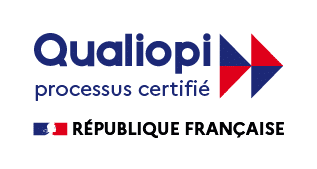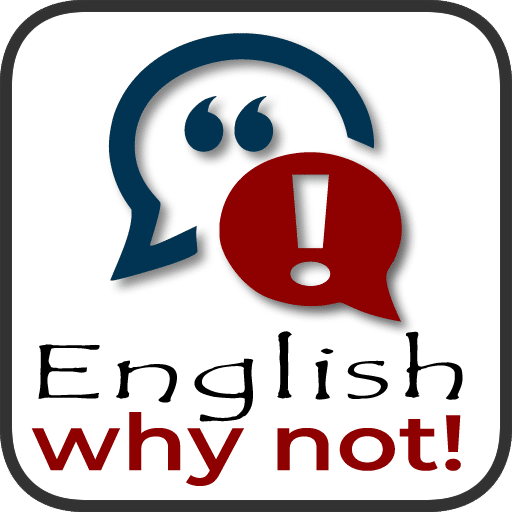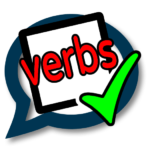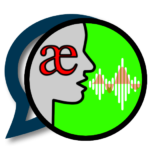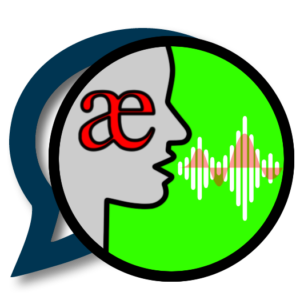Un point dans le temps
Most languages in the world have a past tense or a way to manipulate the structure of a sentence to define time. Without it we can’t be precise about when something happened in the past.
One of the tenses we use in English to talk about the past is the ‘Past Simple’. When do we use it? How is it formed?
Continue reading to discover more and test your knowledge with my interactive exercises at the bottom of the page. Good luck…
We use the past simple to talk about something in the past that is finished. The action or event isn’t connected to now / present time.
Past simple
Note: The following information refers to the past simple – regular and irregular verbs, Except the verb ‘BE’.
We use the past simple to talk about a specific moment in time. To be precise about when an action or event started or finished. Something that isn’t connected to now / present time.
Question : When did Mark Zuckerberg launch Facebook?
Answer : He launched Facebook in February 2004.
- Positive sentences (+) : we use the conjugated form of a regular or irregular verb.
- Negative sentences (-) : we use the auxiliary verb ‘did’ in its negative form – didn’t + infinitive of the verb.
- A S I questions are for ‘short answer replies’ (Yes / No).
- QuASI questions using a ‘Question word’ (What / when / why / where) etc… are for more information
I / you / we / they
he / she / it
worked
in London.
An ‘– ed’ is added to past simple regular verbs
Arrive = arrived
Walk = walked
Some verbs are irregular
Write = wrote
Buy = bought
I / you / we / they
he / she / it
didn’t work
in London.
The auxiliary verb ‘did’ is used to form a negative
(+) Did
(-) did not (didn’t)
Did
I / you / we / they
he / she / it
work in London?
Auxilliary + Subject + Infinitive (verb)
Did you work in London?
(+) Yes I did.
(-) No I didn’t
When
Did
I / you / we / they
he / she / it
work in London?
Question word + Auxilliary + Subject + Infinitive (verb)
When did you work in London?
I worked in London last year / in 2021.
Questions
When you ask a question with Qu A S I, the reply you give usually contains more information.
* Question (QU* ASI) – sometimes we need to add a noun after the question word.
Example: How much money did Mark Zuckerberg earn?
Before you complete the exercises please read the ‘Grammar Point’
Are you interested in pronuciation? Take a look at our post ‘The Three ‘ed’s’ to improve your pronciation of regular verbs
Now it's your turn.
Next, place the words in the correct order to complete the questions about the text. How many can you answer correctly? Good luck…
Quiz - Part 1 : The Social Network
Quiz - Part 2 : Questions
If you liked the quiz please add your comments in the section below.
